The stethoscope, X-rays, and MRI machines once defined healthcare innovation. The game has been rewritten today with artificial intelligence. AI is helping us predict patient risks as well as streamline drug discovery, among other things, to diagnose and treat disease. If you are a professional wanting to get in this revolution, specialized education such as an artificial intelligence program or an AI in healthcare course are the steps to take to shape this future.
The Silent Revolution: AI’s Growing Footprint in Medicine
What if algorithms predict the heart attack before it happens or detect tumors on the human body that no human eye can see? All this is today’s reality, not science fiction. Mammograms are analyzed by AI with 94% accuracy, dermatologists when it comes to diagnosing skin cancer, and it accelerates drug development by predicting molecular interactions. Apart from diagnostics, it helps clinic workflows to become more efficient and reduces administrative burdens so doctors could spend more time with patients. The question isn’t if artificial intelligence program will change healthcare, but how soon healthcare professionals will be able to put AI to great use.
Bridging the Gap: Education as the Catalyst
While AI’s promise is vast, its ethical and effective application requires deep expertise. This is where advanced education steps in. The e-PG Diploma in Artificial Intelligence and Data Science takes a balanced approach to teaching learners how to master the technicalities with also an understanding of the context involved. For over 18 months, the students advance with healthcare and challenge the development of machine learning, deep learning, generative AI in the context of healthcare, dealing with patient’s privacy, algorithmic bias and regulatory compliance. Rather than simply teaching code, such curricula turn data into real world effect by forming innovators.
Core Skills for Tomorrow’s Healthcare AI Leaders
A robust artificial intelligence program blends theory with hands-on practice. Foundational courses in statistical modeling and programming (Python, SQL) establish the bedrock. Learners then advance to neural networks, natural language processing (NLP), and tools like TensorFlow and PyTorch. But healthcare demands more than technical prowess. Courses in AI ethics train students to audit algorithms for bias, while modules on predictive analytics focus on applications like forecasting sepsis or managing electronic health record overload.
For example, training machine learning models to predict diabetic retinopathy involves not just coding skills but also an understanding of ophthalmology workflows—a duality top programs prioritize.
Specialization: Carving Your Niche in Health Tech
The best AI in healthcare courses offer electives that let students align learning with passion. Those drawn to medical imaging might master computer vision techniques for analyzing MRIs. Others could focus on IoT-enabled wearable devices that monitor chronic conditions in real time. For public health advocates, AI-driven epidemiology models that track disease outbreaks offer a path to impact.
One emerging area is generative AI in mental health. Imagine chatbots trained to detect suicidal ideation in text or voice patterns—a frontier requiring both NLP expertise and psychological sensitivity.
Tools of the Trade: From Code to Clinic
Mastering tools is critical. Courses often include labs where students deploy models using Docker containers, optimize them with Kubernetes, or fine-tune large language models (LLMs) like GPT-4 for medical literature summarization. For instance, building a predictive sepsis algorithm involves:
- Cleaning EHR data with Pandas.
- Training models using Scikit-Learn.
- Validating results against clinician diagnoses.
These projects mimic real-world scenarios, preparing graduates to transition seamlessly into health tech roles.
Who Can Join the Revolution?
Contrary to myth, you don’t need a computer science PhD. Many programs welcome professionals with diverse backgrounds—doctors, nurses, biomedical engineers, or IT specialists—provided they have basic quantitative skills. A 4-year undergraduate degree or a 3-year degree with work experience is typical. Even philosophers or ethicists can thrive, contributing to frameworks that ensure AI respects patient autonomy and equity.
From Classroom to Clinic: Transforming Care
Armed with an AI in healthcare course credential, professionals become architects of change. A radiologist might collaborate with data scientists to reduce false positives in lung cancer screenings. A hospital administrator could deploy AI to predict ICU bed demand during flu season. Others might design chatbots that triage patient inquiries, cutting emergency room wait times.
Consider the power of predictive analytics in maternal health: AI models that flag high-risk pregnancies enable early interventions, potentially saving lives in underserved regions.
Ethics: The Compass Guiding AI Innovation
With great power comes great responsibility. Courses emphasize the R.O.A.D. framework—Responsible, Objective, Accountable, and Data-driven AI—to navigate dilemmas. Should an algorithm prioritize younger patients during ventilator shortages? How do we prevent racial bias in pain prediction models? These discussions are woven into curricula, ensuring graduates champion fairness as fervently as innovation.
Your Invitation to Shape the Future
The AI healthcare revolution isn’t a spectator sport. It demands skilled professionals who can bridge tech and empathy, code and care. Whether through an artificial intelligence program or specialized electives, education unlocks the tools to drive this change.
The stethoscope of the future isn’t metal—it’s algorithmic. And with the right training, you could be the one wielding it.
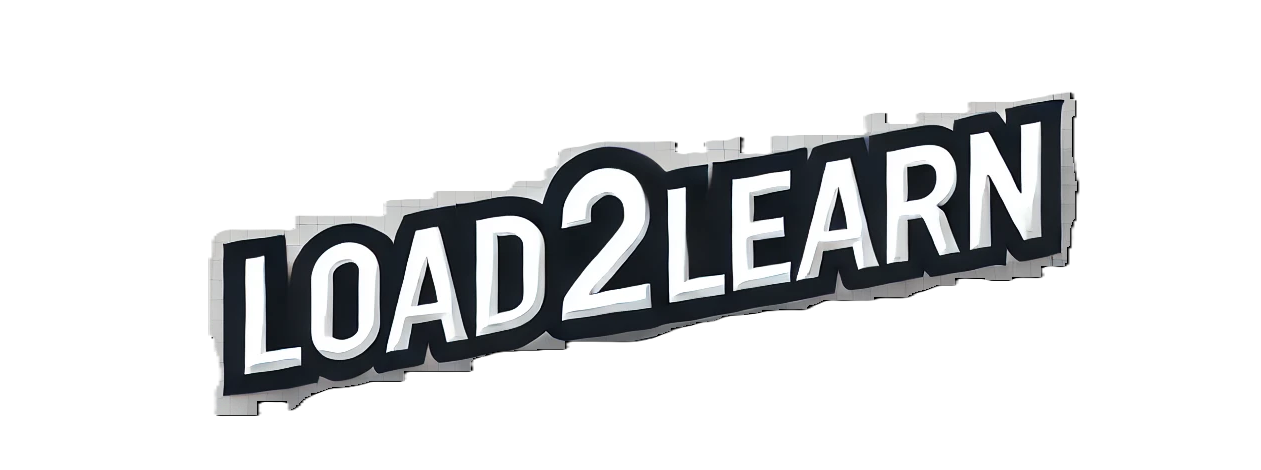


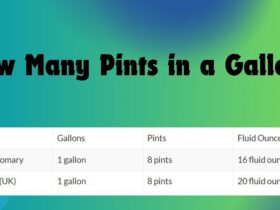





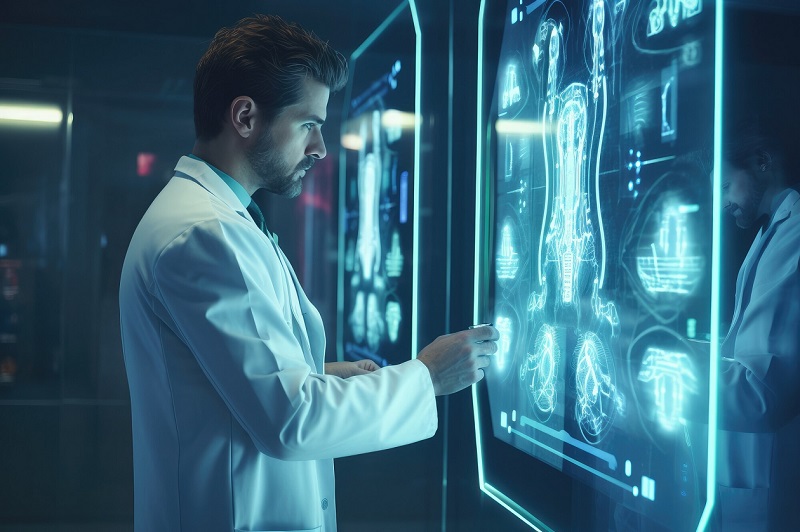
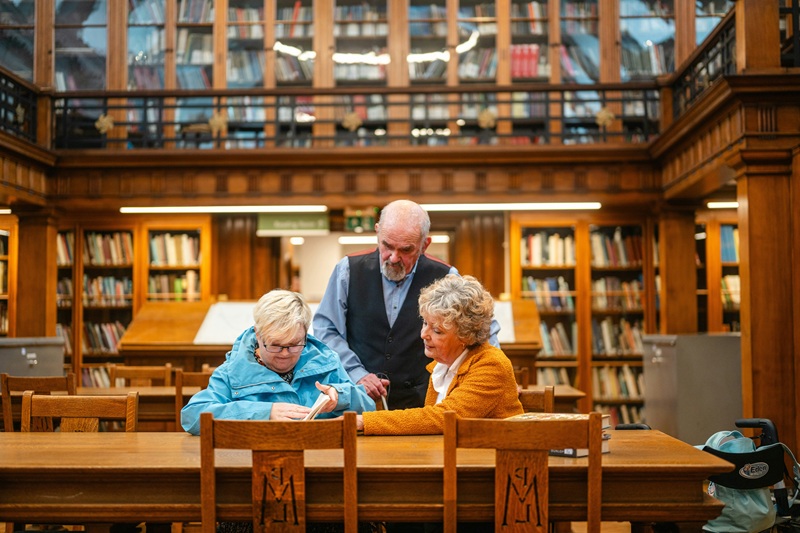




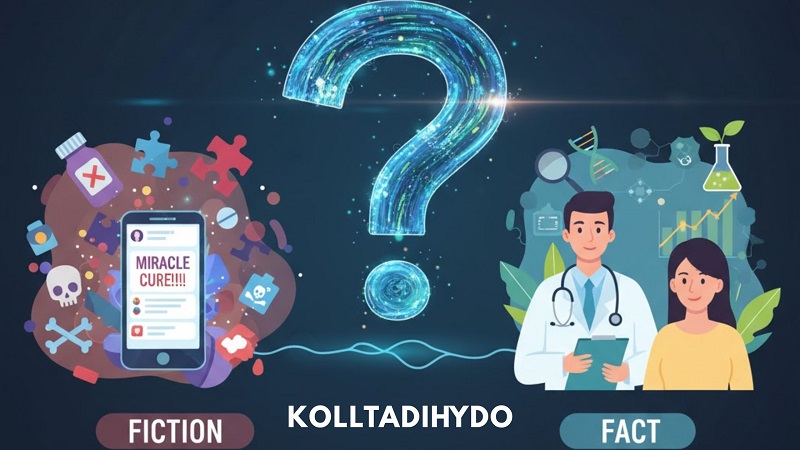
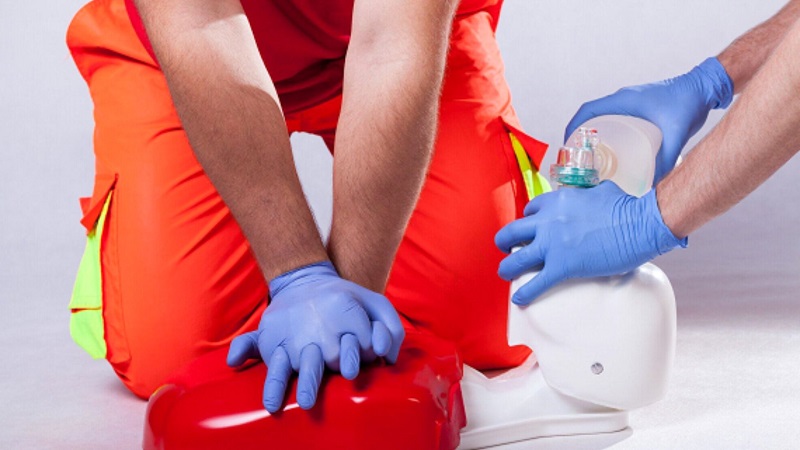


Leave a Reply